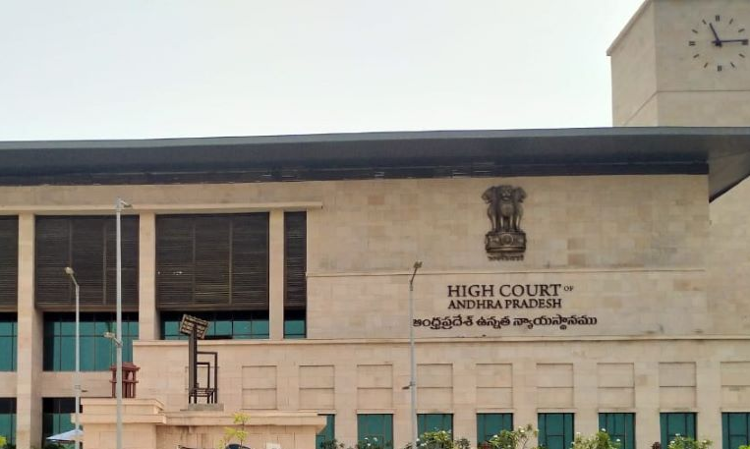The Andhra Pradesh High Court has held that admission regarding encroachment cannot be construed to mean admitting possession. And that, for the grant of relief of interim injunction, a party must prove legally sustainable possession not just 'mere possession.' The order was passed by Justice B.S. Bhanumathi in a Civil Revision petition filed by the District Co-operative Marketing Society,...

